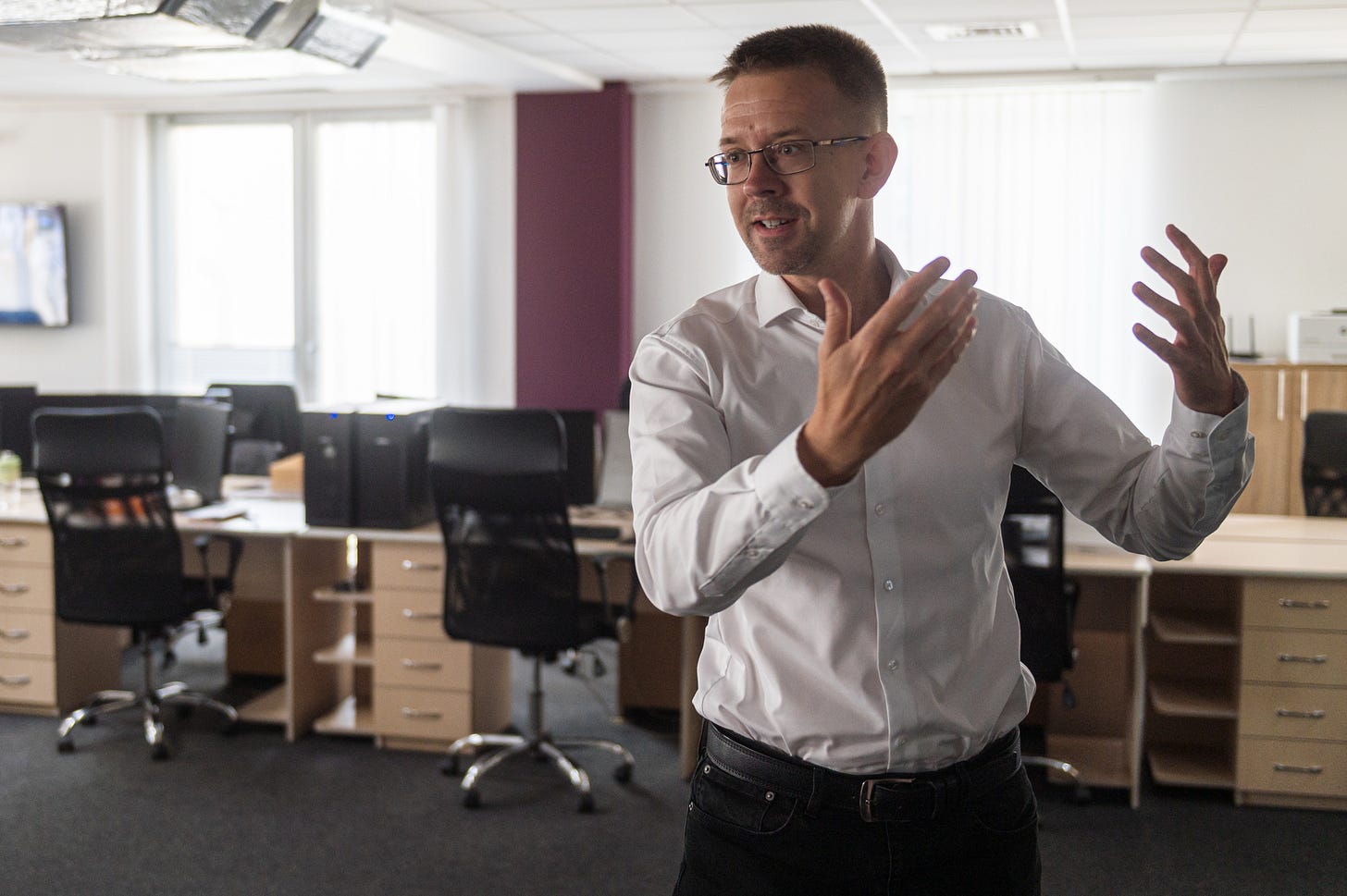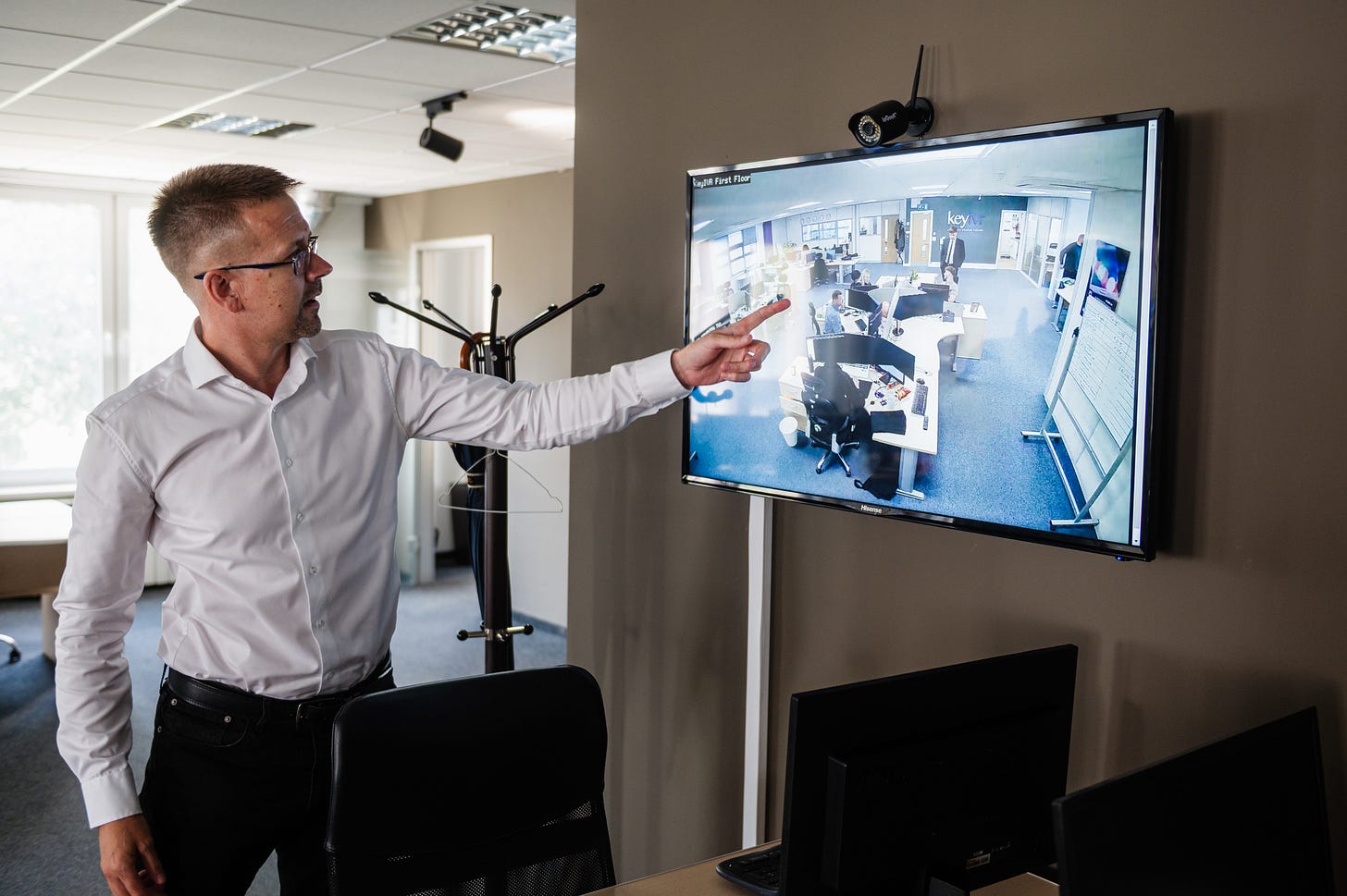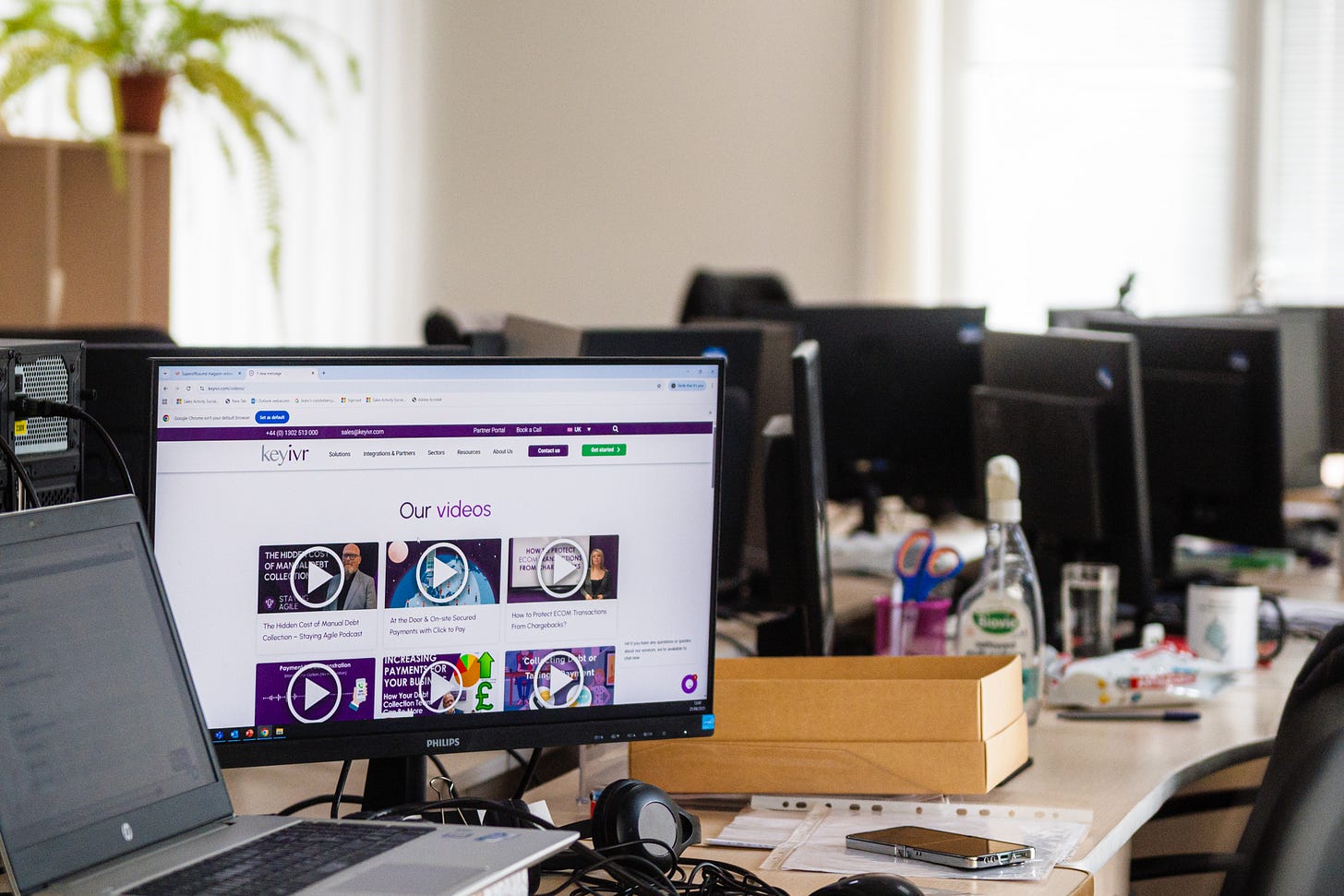“Moldova is known more now”: what a British fintech found in Chișinău
Journo Birds: September 21, 2025
This story was written by Patricia Mihailă of the Journo Birds, a media team that works with nonprofits to tell human-centered stories. This story was supported by UMAEF.
When a British fintech outgrew its home market, it found more than developers in Moldova: a culture of ambition and curiosity that reshaped the company’s future.

When Darren Wooding first set foot in Chișinău, he didn’t expect it to win him over. He was running a company, Key IVR, a British fintech firm, specializing in secure payments. The company provides a platform that helps businesses to take card payments securely, whether through call centers, automated phone lines, or self-service links, ensuring sensitive financial data never reaches the wrong hands.
How Moldova became more than a business solution
As the company grew, it turned to Moldova, drawn by the country’s energetic tech talent and collaborative culture. What began with a small team of developers has evolved into a thriving cross-border operation, where UK and Moldovan colleagues work as one to deliver secure payment solutions to clients worldwide.
Darren wanted to scale fast. Outsourcing to Moldova seemed like the practical solution six years ago. But then something unexpected happened: Moldova grew on him.
“The work ethic is kind of why we set up here,” admits Darren, the founder and CEO of Key IVR. The company, founded in 2008 in Doncaster, UK, came to Moldova six years ago through an agency and then decided to stay. “There’s drive and energy in Moldova - that’s what we fell in love with”, he recalls.
The beginnings in Chișinău were almost cinematic. Searching for a country manager, Darren interviewed a candidate who didn’t just show up with a résumé - he had already booked office viewings for that same afternoon, assuming he would get the job. “That’s the culture we love,” Darren laughs. “He wanted it so much that he’d invested the time before we even said yes.”
Key IVR joined Moldova Innovation Technology Park (MITP) from the beginning, drawn not only by the simplified 7% flat tax but also by the sense of community the Park creates. It keeps their residents informed, connects them, and constantly pushes them to improve. Darren sees it as a place where businesses can take root and talent can grow.
Last year, the Park counted over 2,100 resident companies, together generating about 5% of Moldova’s GDP. Roughly one in eight companies from MITP is backed by foreign or mixed capital, from countries such as Romania, Germany, Ukraine, the USA, and the UK, like Key IVR.
“We didn’t come here to cut costs”
Darren is quick to push back on the old stereotype that companies come to Moldova for cheaper labor. For him, it was never about saving money but about the people he met and the culture he discovered. “We didn’t come to Moldova to cut costs. We came because of the people - the energy, the curiosity, the drive to keep learning.”
The spacious Moldovan office has about 23 employees, compared to 36 in the South Yorkshire city. The two offices are closely connected. “We don’t allow anyone to say ‘it’s them,’” Darren insists. “We’re one team.” To make that real, Key IVR set up a permanent video feed between the offices. Not a Zoom call - just a quiet window into daily life. “Someone’s having coffee, someone’s chatting. It makes us feel like one space,” says Inga Galben, the HR manager, who joined the team back in 2021.

In the middle of August, though, the Chișinău office is almost empty - people are on vacation or working from home.
But passion alone doesn’t carry a company across borders. Darren had to learn the nuts and bolts of Moldovan business life. “The legislation is weighted more toward the employee. That was something I wasn’t used to in the UK,” he admits, while Inga knowingly smiles from her corner.
Data protection brought another twist: because Moldova isn’t in the EU, some clients won’t allow their information to cross the border. “Those accounts must stay UK-based. It’s just something you have to be aware of,” Darren explains.
Then the war in neighboring Ukraine raised harder questions. “We were asked what our continuity plans were, how we’d protect the team.” But over time, concerns have eased. Darren says Moldova is more recognized internationally now.

Of code, wine, and motorbikes
Like Moldovan wine, in six years the Chișinău office has matured and grown stronger. Over time, pay levels have nearly equalized with the UK. “We give them opportunities to move into different areas - from commercial to technical, from support to project management. That helps us keep the talent,” says Inga. As an HR manager, she knows how hard it can be to keep people in a shifting environment like Moldova, marked by migration and economic instability.
Technology is changing, too. Key IVR is weaving AI into its systems. They are testing voice bots - not quite ready yet, Darren says, but close. “That is going to change call centers dramatically. I’m not sure there are many areas AI isn’t touching right now.”
The long-term horizon points west. The US is a huge growth market for them. Still, he is clear about Moldova’s strong place in the company’s story.
For Darren, this isn’t just professional - it’s personal. He’s learning Romanian, Moldova’s official language, he talks fondly about Moldovan food and wine (“It surprised me that almost everybody knows how to make wine here”), and he doesn’t shy away from embracing the country’s rhythms.
The motorbike is his signature gesture. This year, he rode across seven countries just to get to the office in Chișinău. Once here, he uses it to wander further - into monasteries tucked in the hills, down winding roads through vineyards, and across Moldova’s countryside that he clearly relishes discovering on two wheels. He’s less fond of Moldova’s hot summers, though - admitting it’s taken him years to get used to the heat.
To his colleagues, that’s more than eccentricity. “This is the confirmation, the commitment,” one joked. “He even brought his bike here - that means he’s serious,” Inga laughs.
The fondness shows up in smaller details, too. On the office table where we talked sat a familiar Moldovan treat: Bucuria chocolates, which Darren cheerfully admits he never leaves the country without. “My colleagues always make sure the team in Doncaster gets their sweets,” he smiles.


